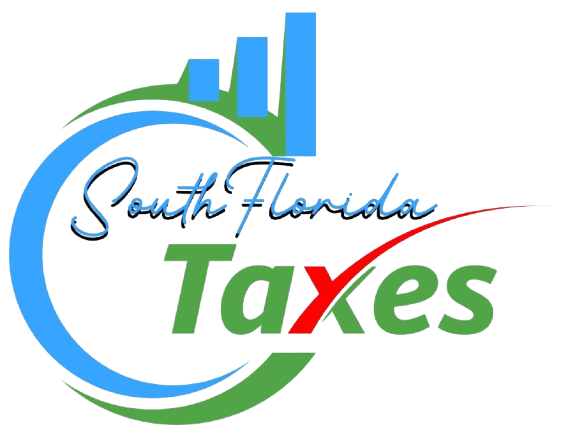File a Tax Extension
Filing a Tax Extension
What You Need to Know
To request extra time to file your taxes, you can submit IRS Form 4868 either online or by mail before the tax filing deadline. This extension gives you more time to prepare and submit your tax return, but not to pay any taxes owed.
What is a Tax Extension?
Each year, some taxpayers wonder, “How do I extend my tax filing?” It’s important to distinguish between extending the time to file your return and extending the time to pay your taxes. A tax extension simply gives you more time to submit your federal income tax return, but it does not extend the deadline to pay your tax bill.
What is the Tax Extension Deadline?
While the filing deadline is extended, your tax payment is still due by the regular deadline, which typically falls on April 15 (or the next business day if April 15 is a weekend or holiday). For example, for the 2023 tax year (taxes filed in 2024), submitting a tax extension by April 15 will push the filing deadline to October 15.
If you owe taxes
You should estimate your liability and pay the estimated amount when submitting Form 4868.
If you’re expecting a refund
There’s no need to worry about payment when filing for an extension. The sooner you file, the sooner you’ll receive your refund.
Are There Penalties for Filing a Tax Extension?
Filing an extension itself does not result in any penalties. However, failing to pay taxes on time or not filing at all can incur penalties:
- Failure to file either your return or Form 4868 by the tax deadline can result in a late filing penalty, typically 5% of your unpaid taxes per month, up to 25%.
- After filing an extension, you have until October 15 to submit your completed return. Be sure to include any estimated payments made when completing Form 1040.
- If you don’t pay at least 90% of your owed amount, you may face a late payment penalty, usually 0.5% of the unpaid balance per month, up to 25%.
-
Interest will accrue on any unpaid tax balance until fully paid.
Get Start NOw
Let us help you File a Tax Extension Online
Phone
+1 786-504-1605
Email Address
Info@sfltaxes.com
Address
38 S. Federal Highway Suite 2 Dania Beach FL 33004

